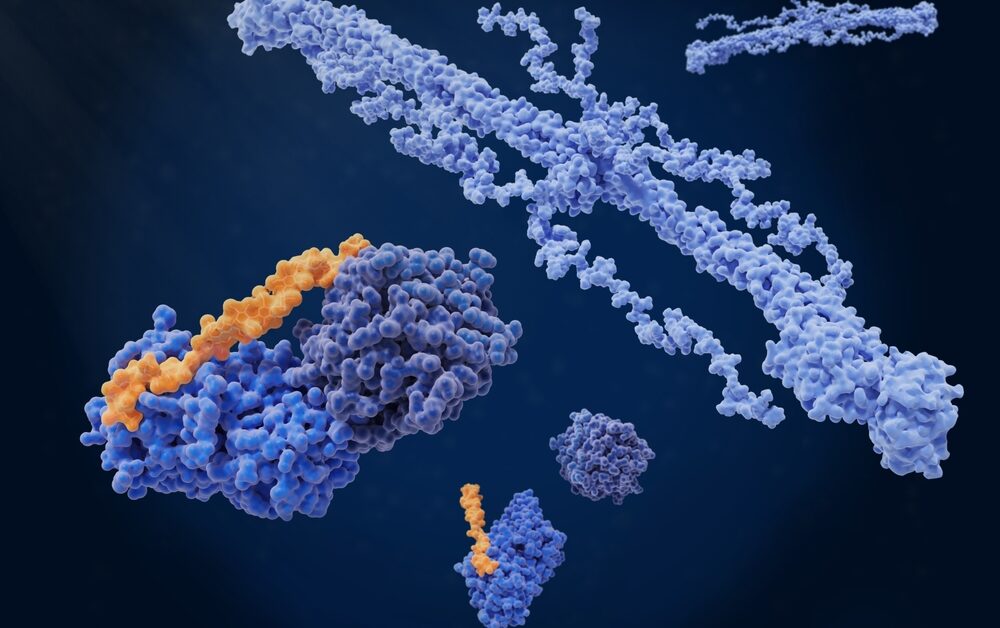Newsletter Signup - Under Article / In Page
"*" indicates required fields
NodThera has announced positive data from first-in-human studies of its lead therapeutic candidates, NT-0249 and NT-0796.
In the studies, both candidates were shown to clearly inhibit the NLRP3 inflammasome, a highly validated drug target that plays a pivotal role in controlling inflammatory diseases. The differentiated design characteristics of each candidate enabled them to penetrate different areas of the brain for optimal drug distribution in a range of NLRP3-driven diseases.
Brain penetration and anti-inflammatory effects across both clinical programs
Data from the recently completed multiple-ascending dose (MAD) cohorts of NT-0249’s first-in-human study confirm a potentially best-in-class pharmacokinetic/pharmacodynamic (PK/PD) profile, suitable for once-daily dosing. NT-0249 demonstrated significant anti-inflammatory effects in healthy volunteers, with reductions in key inflammatory biomarkers, C-reactive protein (CRP) and fibrinogen, which were maintained throughout treatment. Levels of NT-0249 measured in the cerebrospinal fluid (CSF) additionally demonstrated high levels of brain penetration.
Findings from the completed first-in-human study of NT-0796, initially disclosed in 2022, also confirm an excellent PK/PD profile, brain penetration and anti-inflammatory effects in healthy volunteers.
Both candidates were well tolerated, treatment emergent effects were predominantly mild and there were no serious adverse events (SAEs).
Parkinson’s disease program under way by NodThera
Development of NT-0796 is now progressing in a pioneering, biomarker-rich phase Ib/IIa study in Parkinson’s disease. The study is exploring the candidate’s effect on inflammatory and disease-specific biomarkers in the blood and CSF using a clinical biomarker panel, designed using the preclinical profile of NT-0796 on cytokines, chemokines and markers of microgliosis and astrogliosis relevant to NLRP3 inhibition.
The initial stage of the study, in healthy, elderly volunteers, is already under way, investigating a modified formulation of the drug candidate designed for use in the upcoming patient arm of the study.
Alan Watt, chief executive officer of NodThera, said: “As the burden of non-communicable diseases continues to rise globally, targeting chronic low-grade inflammation, through selective modulation of the NLRP3 inflammasome, holds enormous potential for the treatment of these diseases. Our strategy to design highly differentiated and brain penetrant molecules, which combines a deep understanding of NLRP3 inhibition, pharmaceutical neuroscience expertise and precision molecular design, is delivering on the promise that NLRP3 inflammasome modulation can change the treatment paradigm for chronic peripheral and neurodegenerative diseases.
“These excellent clinical data from both clinical candidates reinforce our confidence that NodThera has the clinical tools to address these challenges.”






